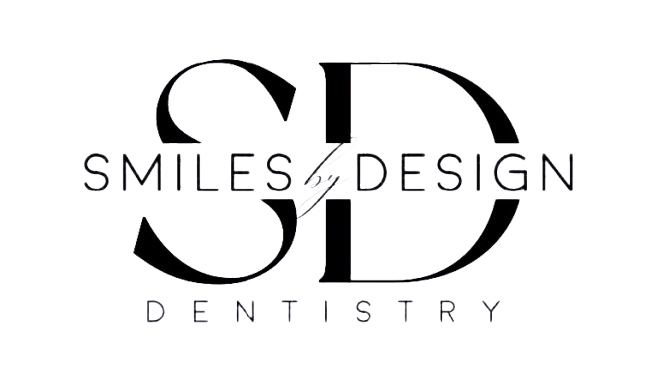Bone Graft Post-Op Instsructions

Bleeding: Small amounts of blood in the saliva can make your saliva appear quite red. This is normal and may be noticed the rest of the day after the procedure.
Pain: Moderate discomfort may be noticed when the anesthetic first wears off, and may continue for several days.
Swelling: Some swelling and discoloration of the lip and/or cheek may occur and may last for a few days.
Sensation: There may be a temporary loss of feeling in the gums in the operated area. The teeth may also feel loose for a time. The teeth may be sensitive to hot and cold temperatures.
What to do following the surgery:
After leaving the office, rest and avoid strenuous activities for the remainder of the day. Keeping blood pressure lower will reduce bleeding and aid healing.
Take two Tylenol, Nuprin, Advil, or similar non-aspirin pain reliever every 3 to 4 hours until bedtime to maintain comfort. Take it before the anesthesia wears off.
- If pain medication is prescribed, take it as you need it. Don’t exceed the dose on the label. Taking with food or milk will help reduce upset stomach. Avoid driving or operating heavy machinery when taking pain prescriptions. Do not drink alcohol while taking prescription pain medications.
- Nausea is most often caused by taking pain medications on an empty stomach. Reduce nausea by preceding each pain pill with soft food, and taking the pill with a large glass of water.
- Applying an ice bag to the face over the operated area will minimize swelling. Apply for 15 minutes, then remove for 15 minutes. Continue this for the first day
- Eat soft foods for the first 2 – 4 days. Maintain a good, balanced diet. Drink plenty of water. Do not drink through a straw. Avoid alcohol for 48 hours.
- Avoid chewing directly over the operated area until the sutures are removed.
- Brush all of your teeth after each meal. Avoid the operated area for the first day. Take care to avoid pulling the sutures.
- Do not rinse vigorously; do not use a Waterpik®.
- A saltwater solution (1/2 teaspoon salt + 1/2 teaspoon soda + 8 ounces warm water) held in your mouth for 2 to 3 minutes every hour may make your mouth more comfortable.
- If your sinus was involved in the procedure, you should avoid blowing your nose or playing a wind musical instrument for one week. Use of decongestant medications might be recommended.
- Avoid lifting the lip with your fingers to look at the area. It is possible to accidentally tear the sutures, open the incision, and delay healing.
- Smoking should be stopped following surgery. Healing and success of the surgery will be substantially reduced by the cigarette smoke chemicals in your body.
- If you were given an antibiotic prescription, take all of them as directed until they are gone. Women: some antibiotics can reduce the effectiveness of birth control pills. Use alternate birth control methods for two months.
- You may be instructed to use a prescription antimicrobial mouthrinse.
Return to your dentists’ office for removal of the sutures or follow-up checks as directed.
Please call your dentist if you have:
- uncontrollable pain
- excessive or severe bleeding
- marked fever
- excessive warm swelling occurring a few days after the procedure
- reactions to medications, especially rash, itching, or breathing problems
Following these instructions very closely will greatly help your comfort, and promote uneventful healing of the area. If any of the instructions are not followed, you might have significantly more discomfort, and the success of the procedure may be affected.

